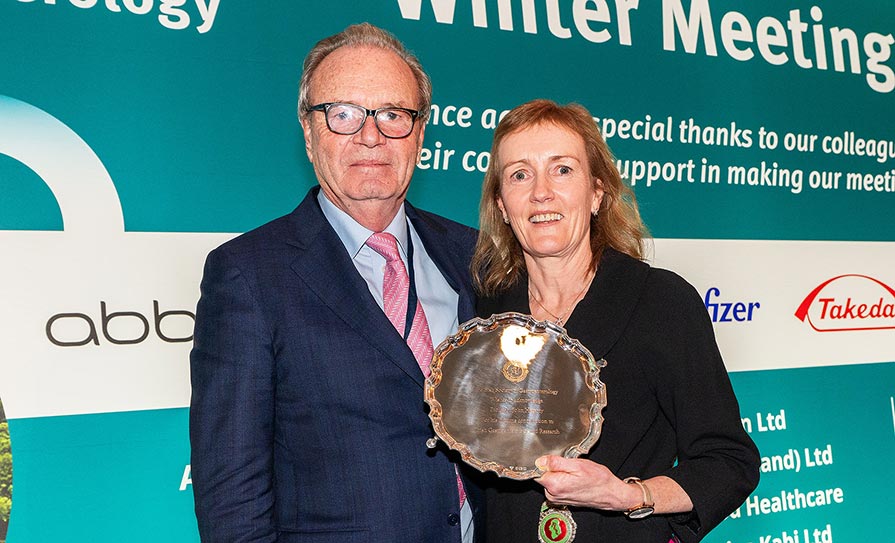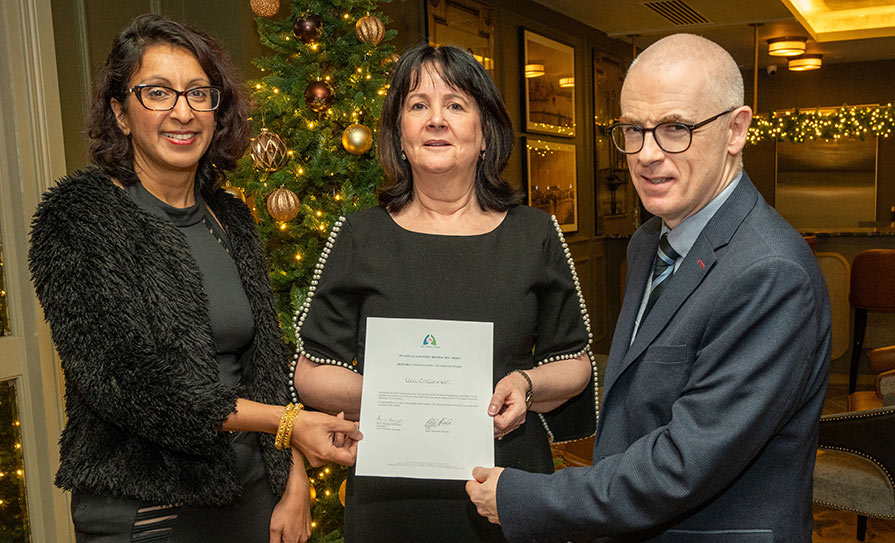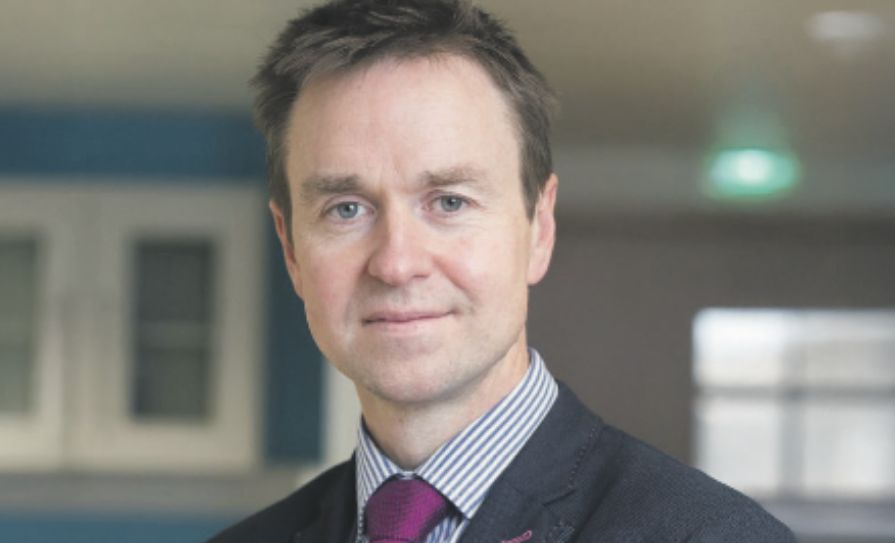Caution and concerns regarding the new consultant contract were expressed at the IHCA’s recent annual conference, despite new figures showing over 700 doctors have now signed up.
The IHCA’s 35th Annual Conference and AGM was the first since the new public-only consultant contract 2023 (POCC23) was introduced in March this year.
A number of speakers raised issues regarding the new contract during the meeting, which was held in Dublin on 30 September.
“Of course, yes, we have major concerns [about the POCC23],” IHCA President Prof Robert Landers told the Medical Independent (MI) at the conference.
“There was always going to be some consultants who switch and take the new contract and they have done so,” Prof Landers said. “But they have done so in very small numbers. So we feel that the acid test of this new contract will be in the number of unfilled [consultant] posts [that remain].”
On the day of the conference, the Department of Health released a short statement highlighting that a total of 737 consultants had signed up to the new contract by 27 September. Some 184 of these were new entrants, while 553 existing consultants had switched to the new contract, according to the Department.
These figures marked an increase of over 300 from the last figures reported by MI. By 29 August, 419 consultants had signed the POCC23, according to figures provided by the HSE. Some 294 of those were existing consultants who had changed contract and 125 were new contract holders.
Last month, a HSE spokesperson told MI there had been “a steady increase week on week” of consultants signing the POCC23. There had also been “considerable interest in consultants getting details of the new contract”, said the spokesperson.
Despite the rising contract uptake, attendees at the IHCA conference were told that challenges remain regarding recruitment and retention of consultants.
During his address, IHCA Secretary General Mr Martin Varley said the contract negotiations were ended “prematurely”. He said it was “regrettable” that a “significant number” of consultant concerns were not addressed satisfactorily. He said the IHCA had carried out negotiations in “good faith” with the aim of achieving a contract that would attract consultants back from abroad and encourage doctors in training to stay in Ireland.
He said that figures have shown the number of consultants switching to the new contract was much lower than the number of consultants who had switched to the 2008 contract during a similar time period.
Mr Varley pointed out over 900 “vacant consultant posts” currently exist in the system and that the recruitment and retention of doctors remains a significant challenge.
Speaking to MI, Prof Landers echoed many of the comments made by Mr Varley.
“So, is the contract attractive enough to attract consultants back from abroad… to Ireland to work in the Irish hospital system here? When we see the number of unfilled consultant posts falling, I think we can [then] deem, perhaps, the contract a success,” said Prof Landers.
Prof Landers, who is a Consultant Pathologist in Waterford University Hospital, said that “at the moment we have concerns with the low take-up”.
He agreed that it “would be better for the health system if all consultants were on a similar single contract, but at the moment that does not look like it is going to happen”.
Also speaking at the conference, both Sinn Féin Leader Mary Lou McDonald and Labour Party Leader Ivana Bacik spoke in favour of the new public-only consultant contract. Deputy Bacik reaffirmed her party’s commitment to the implementation of the Sláintecare health plan. She also called for a review of health capital spending plans to be undertaken, considering the rising cost of the New Children’s Hospital and other planned hospital builds.
Deputy McDonald said her party pledged to deliver an “Irish NHS” system within two terms if Sinn Féin is in government after the next election.
The future of the new consultant contract was addressed in detail in the IHCA’s 30-page national council annual report, which was distributed to members in attendance. In the document, the Association’s national council noted that the “final decision” on whether to take up the new contract rests with each individual consultant.
“It will make sense for some existing consultants to take up, but others will elect to remain on their existing contracts,” according to the document.
The council concluded that “ultimately the ability of the new contract to meaningfully address record patient waiting times, fill the over 933 vacant consultant posts, and improve the daily working experience of all consultants will be the acid test of its effectiveness”.
It added that the contract has “committed to improvements in some areas”, but that health service management “could and should have gone further by including a number of progressive, effective retention and recruitment measures that exist in other jurisdictions”.
The report also noted that the IHCA “focus group” met a “large number of times” during the past year to “review the 2023 consultant contract proposals”. This group is chaired by the current President, and includes the national officers of the IHCA, and the immediate past-President of the Association.
There was also a “closed session” held for IHCA members on the topic of “public contract issues”.
The POCC23 became operational on 8 March, after more than a year of debate, discussion, and stop-start negotiation. In March, an IHCA survey of its membership showed 73 per cent were “not confident” the new contract would address the consultant recruitment and retention crisis.
A motion at the conference noted the “record 933 permanent consultant posts” that are vacant or filled on a temporary basis. The motion called on the Government to “appoint 2,000 additional consultants by 2030” and was unanimously passed. It was proposed by Dr Mike Staunton, Consultant Anaesthesiologist, Our Lady of Lourdes Hospital, Drogheda, and seconded by Dr Angus Burns, Consultant Orthodontist, Dublin Dental University Hospital.













Leave a Reply
You must be logged in to post a comment.